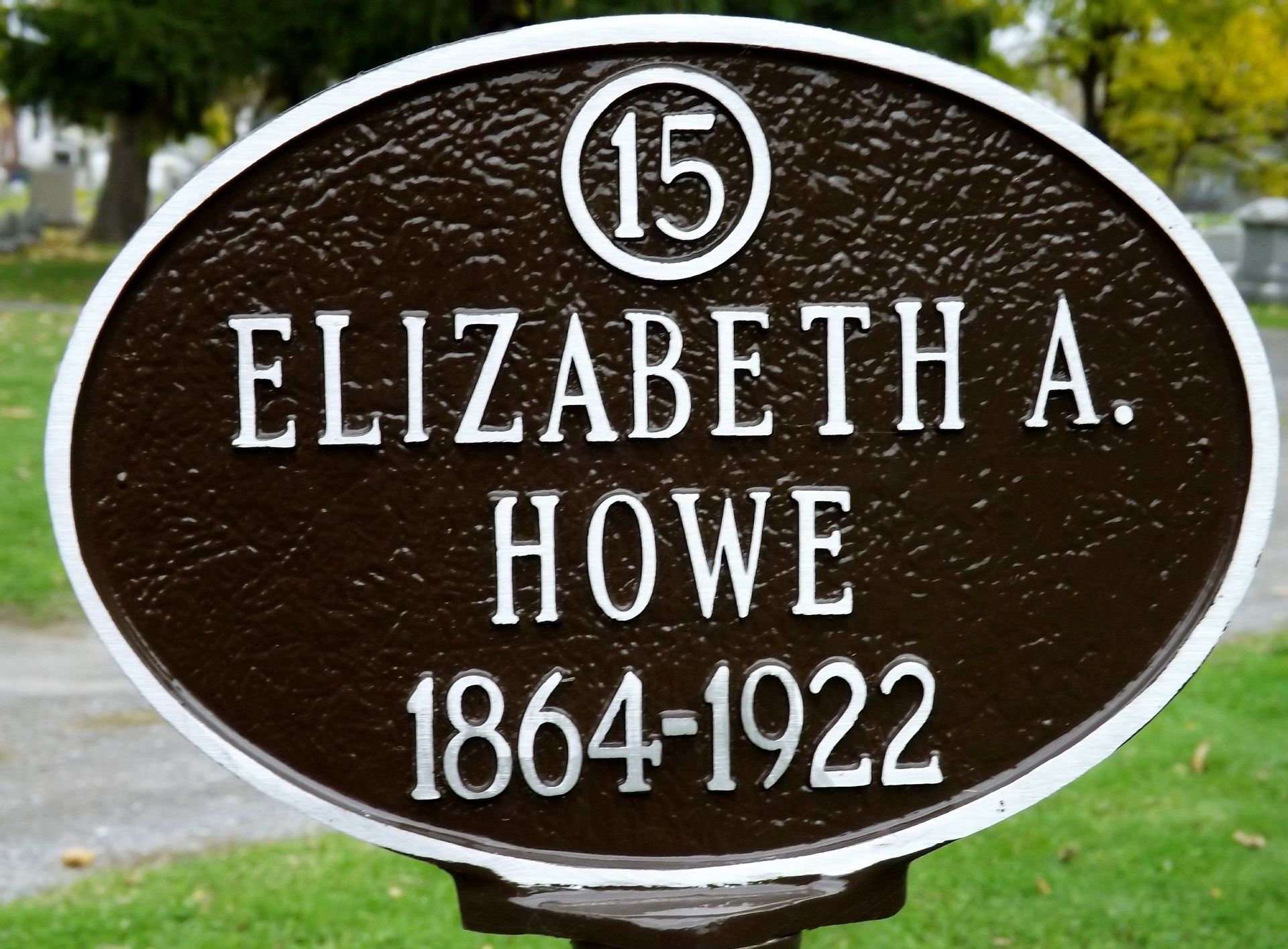
Elizabeth Howe and the International Institute
After WWI, Elizabeth Howe and her work at the International Institute in Niagara Falls were especially important to immigrant women.
After World War I, increasing numbers of immigrants came to Niagara Falls to build new lives. They emigrated from Italy, Poland, Armenia, and other countries. Like all newcomers, they needed essential services to help them adjust to life in America.
Enter Elizabeth Howe from Boston, Massachusetts. In 1919, the War Council of the YWCA tasked her with establishing the International Institute in Niagara Falls. In her mid-fifties, she was an experienced social worker who had travelled the world and lived overseas.
Howe initially struggled to find a home for the International Institute. No one wanted to rent to her once they learned that she intended to help immigrants. Eventually, she found a tenement house at 1116 East Falls Street in the burgeoning ethnic enclave known as Tunnel Town. She intentionally set up her own living quarters there too.
By October 1920, the International Institute was up and running. It was designed to help immigrants--especially women—assimilate and feel at home in Niagara Falls. Howe and a team of female teachers, all of whom were fluent in several languages, taught the English and civics courses the women needed for the citizenship exam. They helped the women fill out important paperwork and to learn how to cook and sew.
At first, the women didn’t come. Their husbands, fathers, and local priests were opposed to the International Institute, and they were afraid of ‘disobeying’ these patriarchs. Other women lacked childcare. In response, Howe opened a nursery at the International Institute. She even made house calls!
When the women did finally come, they came in droves. In February 1921 alone, the International Institute “recorded and fulfilled” 735 calls for assistance. Howe and her team helped the women with all sorts of problems.
Over time, Elizabeth Howe and the International Institute helped thousands and thousands of women from twenty-five countries. During this period, Niagara Falls had the second largest immigrant population after New York City.
Three years after arriving in Niagara Falls, Howe died from pneumonia. A devoted social worker and women’s rights champion, Howe had quite “literally worked herself to death.” Her last request was for her body to be taken to the International Institute one last time before it was buried.
Today, an empty lot near Holy Trinity Church marks the space where the International Institute once stood. Elizabeth Howe is buried less than one mile away in Oakwood Cemetery. “Quite appropriately, she lies in Strangers Rest, among the stunters and the great challengers of the Falls—for in the end, she, too, fought bravely against the odds.”
Hope L. Russell, Ph.D.

